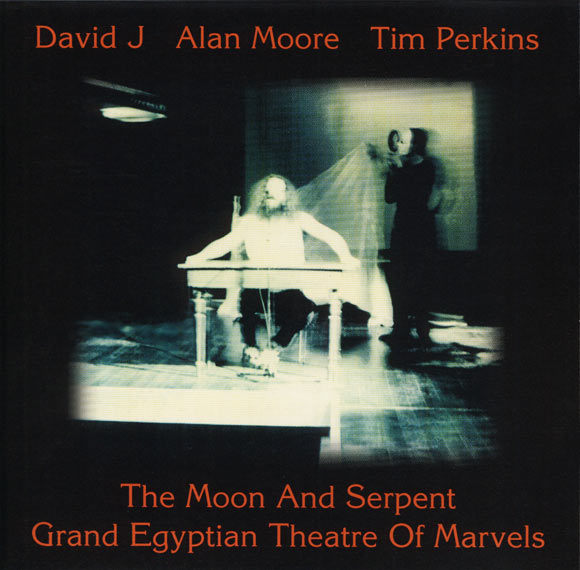The Blind All-Seeing Eye of Gamergate
An excerpt from my book Neoreaction a Basilisk: Essays on and Around the Alt-Right
One measures a circle starting anywhere, so let’s pick up where we left off. Vox Day, who got in on the ground floor, back when it was still called the Quinnspiracy, begins his description like this, in the first of two chapter fives:
In 2012, a fat and unattractive woman with blue hair and numerous piercings decided to play at being a ‘game designer’. She plugged forty thousand words into the Twine engine, a hypertext tool that allows people without any knowledge of programing to create interactive fiction games similar to Zork and other text adventures circa 1977, combined it with a ten-second piano loop, and called it a game.
It is ironic that the book should be called SJWs Always Lie, because he lies right there. He lies when he uses the same disaffected tone of factual declaration for “a hypertext tool that allows people without any knowledge of programming to create interactive fiction games similar to Zork and other text adventures circa 1977” and “a fat and unattractive woman with blue hair and numerous piercings,” as though these are both straightforward truths in the same way. He lies when he shifts the definition of game throughout; one moment she is a faux “game designer,” the next the not-games she not-designs are defined straightforwardly in terms of an iconic piece of gaming history. (And he gets it wrong for good measure; Zork was a parser game, not a hypertext.)
Day tears into the game at length – a critical savaging. “It’s even less fun than it sounds”; “soul-drainingly boring and more than three decades technologically out-of-date”; “I have never played a less entertaining computer game.” He brings a gun to a knife-fight, eviscerating the game with a level of contempt that raises the question of why he even gives a shit about it if it’s so self-evidently unworthy of attention. Of particular note; his citation of its 1.8 score on Metacritic, based on 308 ratings.
Eventually he reaches his point, saying that the game was a complete irrelevancy until “August 2014, when an upset young man who had finally broken it off with his cheating girlfriend created a WordPress blog called The Zoe Post that documented, in excruciating detail, his experience of having loved and lost.” Apparently the designer of this game cheated on a guy with some people who wrote for some websites that had mentioned the game in articles at some point. From this he casually spins out a conspiracy theory; “Given the very poor quality of Depression Quest, it seemed readily apparent to casual observers that the unusual amount of media attention garnered by the game must have been the result of the developer’s liberal distribution of her sexual favors.”
At this point, three pages into the chapter, entitled “Counterattack,” Vox Day makes a stunning reversal, admitting that “this does not appear to have exactly been the case.” And no wonder.…

 A Guest Post By Anna Wiggins
A Guest Post By Anna Wiggins “The State of the Art” surrounds
“The State of the Art” surrounds  I’m not going to get into the habit of using my Monday slot for podcasts, but this one’s a big enough deal that I felt like it justified it. I say down with David J Haskins of Bauhaus and Love and Rockets to, in classic Eruditorum Press fashion, talk about absolutely none of that in favor of talking about his magical practice and work with Alan Moore, including V for Vendetta, “March of the Sinister Ducks,” The Moon and Serpent Grand Egyptian Theatre of Marvels, and The Birth Caul. It’s a fun time.
I’m not going to get into the habit of using my Monday slot for podcasts, but this one’s a big enough deal that I felt like it justified it. I say down with David J Haskins of Bauhaus and Love and Rockets to, in classic Eruditorum Press fashion, talk about absolutely none of that in favor of talking about his magical practice and work with Alan Moore, including V for Vendetta, “March of the Sinister Ducks,” The Moon and Serpent Grand Egyptian Theatre of Marvels, and The Birth Caul. It’s a fun time. 